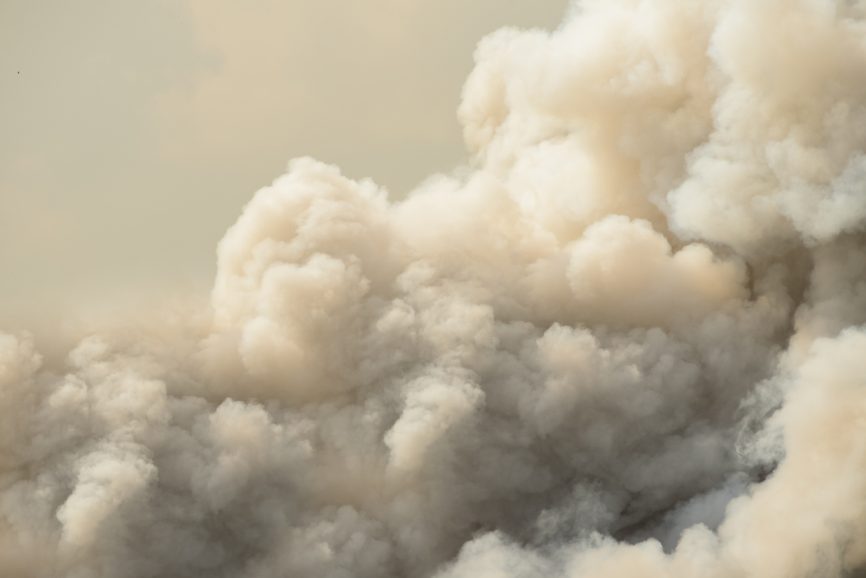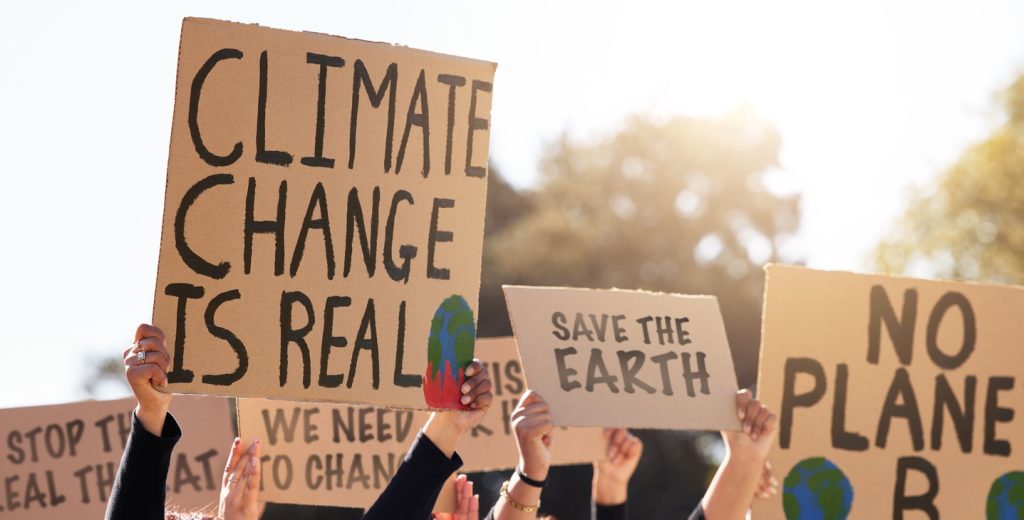by: Rev. Cameron Trimble
The wildfires in California rage on, claiming at least 16 lives and destroying an area larger than two Manhattan islands. Over 10,000 homes, businesses, and congregations have been reduced to ash. The scale of devastation is overwhelming, and as we watch communities grapple with unimaginable loss, it’s clear that these are extraordinary times.
Many voices from the conservative Christian Right are declaring this an apocalyptic moment, pointing to the election of Donald Trump and these “plagues” as signs foretold in Revelation. And they are right—these are apocalyptic times. But not in the way they mean.
This is not the work of divine retribution. What we are witnessing is the devastating reality of climate change. We’ve passed 1.5 degrees Celsius above pre-industrial levels, and these wildfires are one of the many signs of a warming planet. There is no escape plan, no last-minute savior coming to pluck us from this crisis. We made this mess together, and we will have to endure it together.
Throughout the Bible, we are called to take responsibility for our actions and their consequences. Galatians 6:7 reminds us, “Do not be deceived: God cannot be mocked. A man reaps what he sows.” This is not a declaration of punishment but a truth about how our actions shape the world. We are reaping the results of centuries of environmental disregard, and now is the time to confront the consequences. Genesis 2:15 instructs humanity to “till and keep” the Earth—a mandate to care for creation as stewards, not exploiters. Yet, we have prioritized short-term gain over long-term sustainability. Our failure to heed this call has led us here, to a world where fires, floods, and rising seas are the new normal.
This is not a time for blame or resignation. It is a time for repentance and action. As the theologian Dietrich Bonhoeffer said, “Action springs not from thought, but from a readiness for responsibility.” The apocalyptic nature of this moment is not an excuse to wait for divine intervention—it is a call to step up, to repair what we can, and to live differently. This means advocating for policies that address climate change, supporting renewable energy, and investing in sustainable practices. It also means recognizing that the most vulnerable—those who contribute the least to climate change—are often the ones who suffer the most.
While it is tempting to despair, there is hope in the work we can do together. As religious leaders, this is our moment to call people into a deeper relationship with creation and one another. It is our moment to remind our communities that faith is not about avoiding hardship but about enduring it with hope and determination. We must reject narratives that absolve us of responsibility and instead embrace the biblical call to care for the Earth and each other. There is no escape plan, but there is a path forward—one rooted in accountability, compassion, and a commitment to justice.
The fires are not a sign of the end but a wake-up call for a new beginning. Together, let us commit to the hard but holy work of repair, trusting that our shared efforts can make a difference, even in the face of great challenges. The time to act is now. Not because we are waiting for someone to save us, but because we are the ones we have been waiting for. Let us rise to this moment—with faith, with courage, and with responsibility.



Comments
from a retired United Methodist pastor….RIGHT ON! Blessings